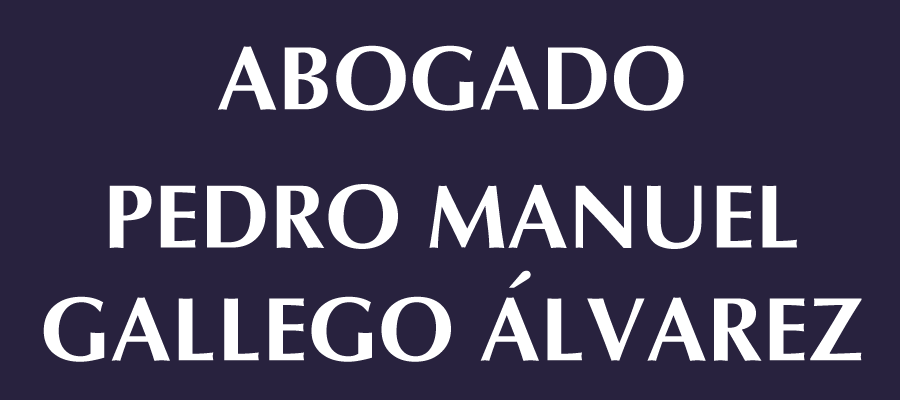In 2015, more than 120,000 couples dissolved their marriage, separated, or divorced, according to data from the INE. This number should be added to the undetermined figure - there are no statistics that collect the data - of those couples who, without being married, decided to end their relationship. Many of these frustrated couples, in a past where love prevailed, decided to buy a house together.
A house that when the painful moment of separation arrives becomes a real headache. What happens to the property that was acquired with so much enthusiasm by both parties? And more importantly, what happens with the mortgage? In these situations, there are several options on the table.
Firstly, in a context like the current real estate market recovery, one of the options may be to put the house up for sale and with the amount obtained from the transaction, cancel the mortgage and divide the profits. If we bought at the peak of the bubble and the money obtained is not enough to pay off the debt with the bank, it will be necessary to share the losses. In this case, it is also possible to try a deed in lieu of foreclosure with the financial institution. However, even though these procedures have been increasing in recent years, it is possible that the bank may not agree to it.
On the other hand, it is likely that one of the parties may want to keep the ownership of the property. In this case, the most appropriate formula is the termination of the joint ownership. A form of transfer that, from a tax perspective, is much cheaper than selling our part of the house to the partner who wants to keep it. This operation is subject to Stamp Duty, applying between 0.5% and 1% (depending on the Autonomous Community) on the real value of the assets awarded, plus notary fees, instead of the 6%-7% that is paid if it is formalized as a purchase-sale.



